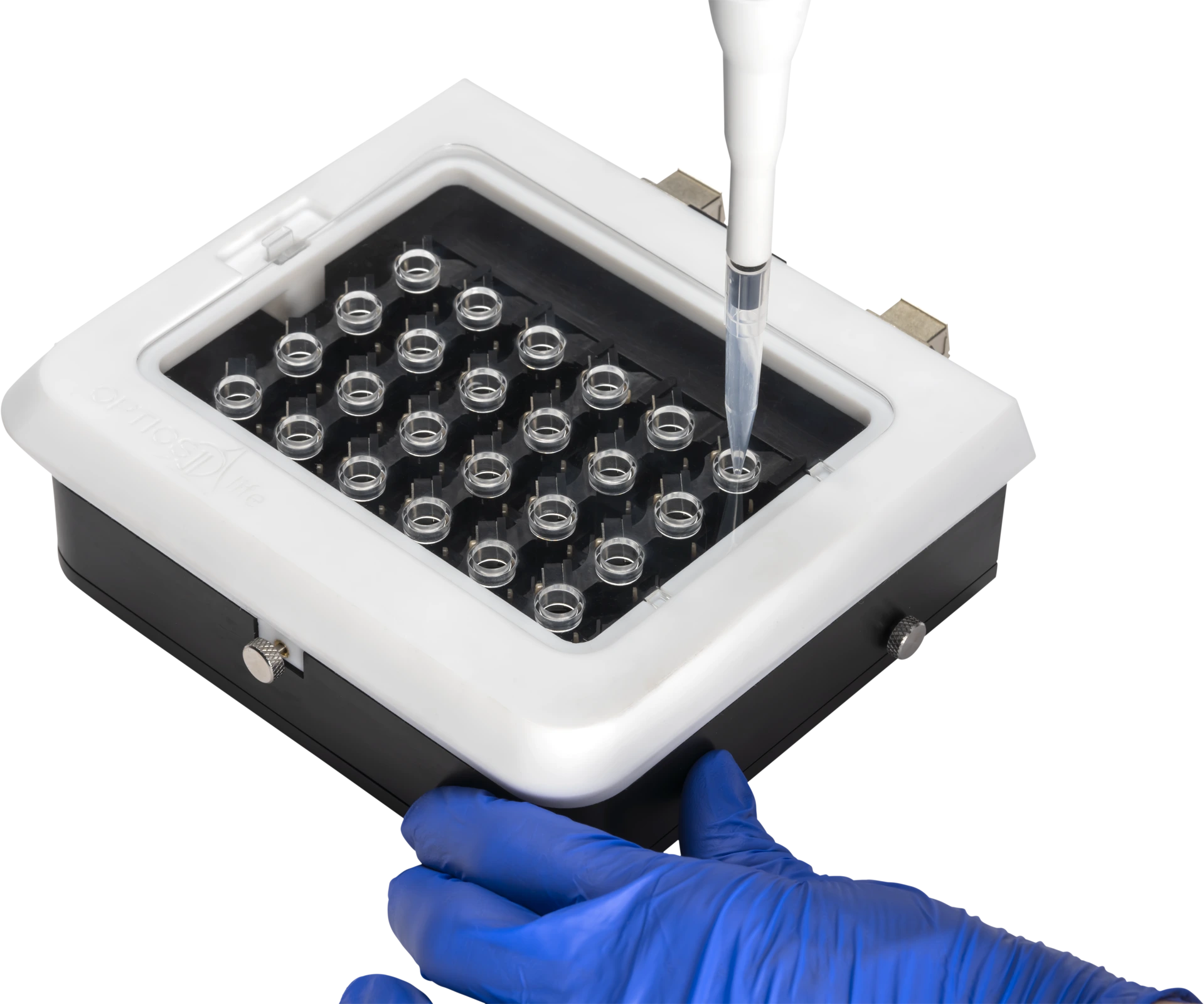Fibrosis causes the progressive deterioration of mechanical behavior in tissue. Changes in cell and tissue mechanical properties, such as stiffness and viscosity, play a significant role in the development of fibrosis. Our advanced devices can monitor the mechanical environment in different types of fibrotic tissues at all stages of disease development. By measuring changes in the mechanical properties of fibrotic tissues over time, our instruments assess the effectiveness of antifibrotic drugs in reducing stiffness and restoring normal tissue function. Additionally, they support advanced 3D in vitro systems that more accurately mimic the fibrotic microenvironment to optimize therapeutic delivery methods and discover potential therapies for fibrotic diseases.





